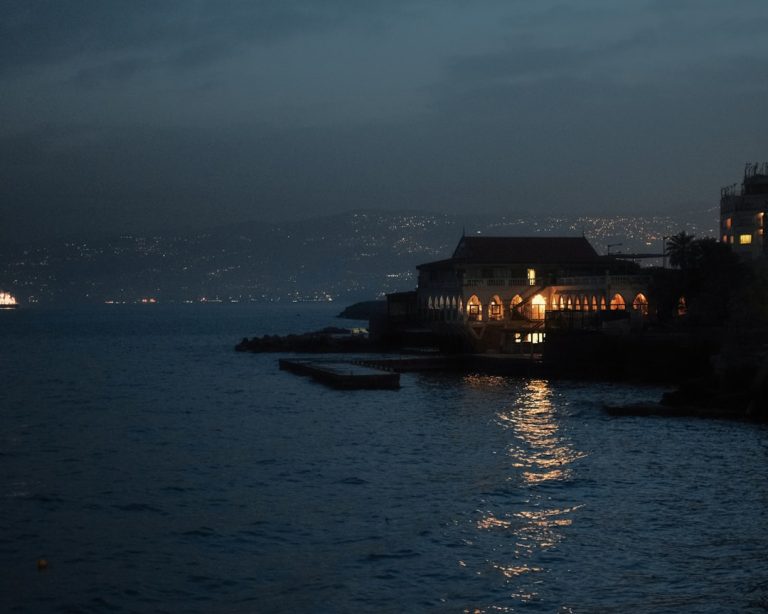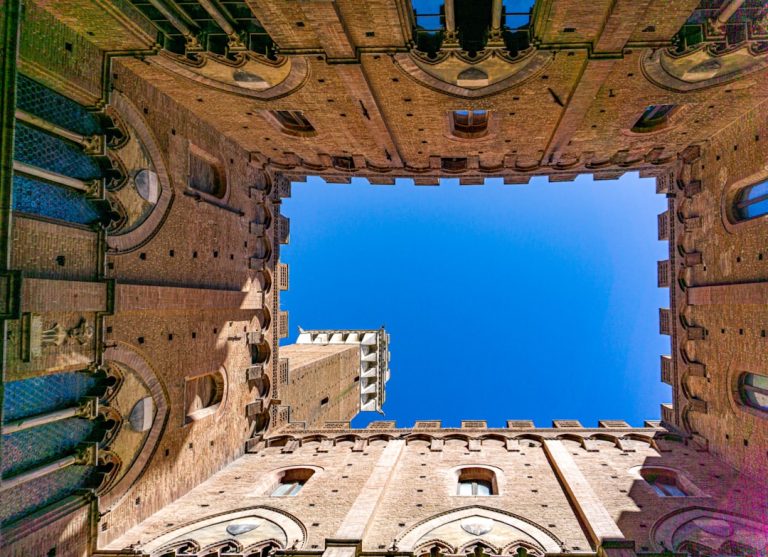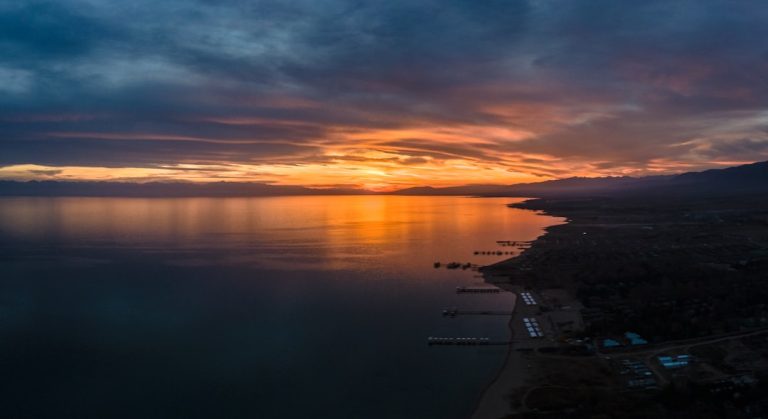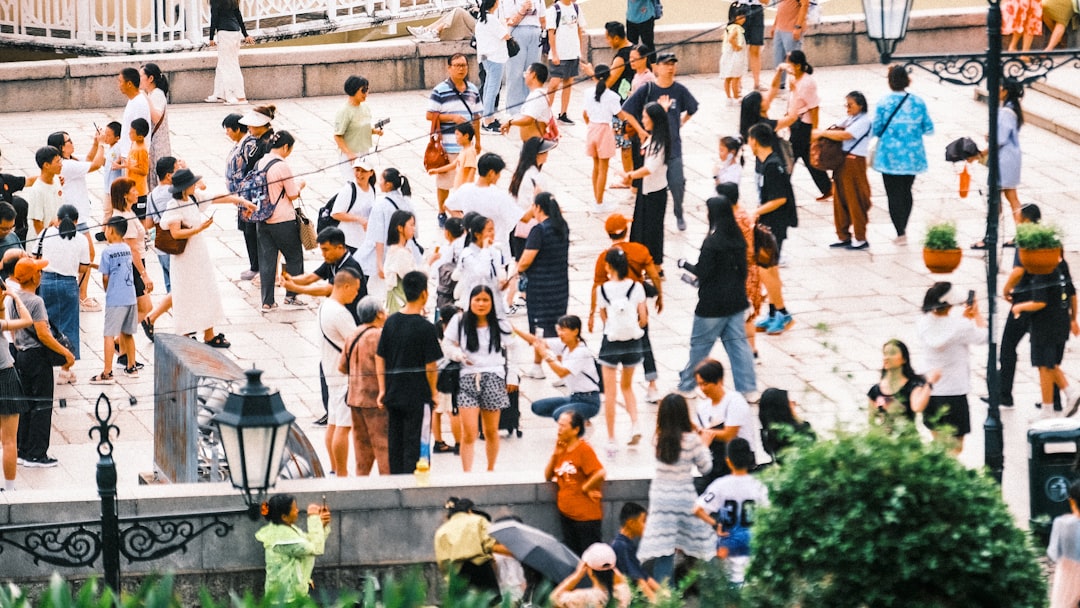
Macau, a vibrant Special Administrative Region of China, is often referred to as the “Gambling Capital of the World.” Nestled on the southern coast of China, just across the Pearl River Delta from Hong Kong, this small territory boasts a unique blend of Portuguese and Chinese cultures, a legacy of its colonial past. With a population of around 700,000, Macau is renowned for its dazzling casinos, luxurious hotels, and rich history. The region’s compact size makes it an ideal destination for travelers seeking a diverse experience within a short timeframe.
The allure of Macau extends beyond its gaming tables; it is a place where East meets West, reflected in its architecture, cuisine, and traditions. The city is characterized by its stunning skyline, which features modern skyscrapers alongside well-preserved colonial buildings. Visitors are often captivated by the juxtaposition of the old and the new, where ancient temples stand in the shadows of glitzy resorts.
This unique cultural tapestry makes Macau a fascinating destination for tourists from around the globe, offering a plethora of experiences that cater to various interests.
Key Takeaways
- Macau is a vibrant city known for its unique blend of Portuguese and Chinese cultures, making it a popular tourist destination in Asia.
- Visitors can explore historical and cultural attractions such as the Ruins of St. Paul’s, A-Ma Temple, and the Macau Museum to learn about the city’s rich heritage.
- Macau is a food lover’s paradise, offering a wide range of culinary delights including Portuguese egg tarts, Macanese minchi, and traditional dim sum.
- The city comes alive at night with its entertainment and nightlife options, including world-class casinos, live shows, and vibrant bars and clubs.
- Nature enthusiasts can enjoy the natural landscapes and outdoor activities in Macau, such as hiking in Coloane Island, visiting Hac Sa Beach, and exploring the beautiful Guia Hill.
Historical and Cultural Attractions
Macau’s historical and cultural attractions are a testament to its rich heritage and diverse influences. One of the most iconic landmarks is the Ruins of St. Paul’s, which is all that remains of a 16th-century church that was once one of the largest in Asia.
The façade, adorned with intricate carvings and sculptures, is a UNESCO World Heritage Site and serves as a symbol of Macau’s historical significance.
Another significant site is the A-Ma Temple, dedicated to Ma Zu Po, the goddess of seafarers and fishermen.
This temple dates back to the 15th century and showcases traditional Chinese architectural styles with its ornate roofs and intricate decorations.
Visitors can participate in traditional rituals, such as incense burning and fortune telling, immersing themselves in local customs and beliefs.
Macau’s historical narrative is further enriched by its many museums, such as the Macau Museum, which provides insights into the region’s history, culture, and development. Housed in a 17th-century fort, the museum features exhibits on everything from traditional crafts to colonial history. The Maritime Museum is another must-visit, highlighting Macau’s significance as a trading port throughout history.
These attractions not only educate visitors about Macau’s past but also celebrate its unique identity shaped by centuries of cultural exchange.
Culinary Delights

The culinary scene in Macau is a reflection of its multicultural heritage, offering an array of flavors that tantalize the taste buds. Known for its fusion cuisine, Macau combines elements of Portuguese and Chinese cooking to create dishes that are both unique and delicious. One cannot visit Macau without indulging in its famous Macanese dishes such as “minchi,” a savory stir-fry made with minced meat, potatoes, and soy sauce, often served with rice or fried eggs.
This dish exemplifies the region’s ability to blend flavors and techniques from different culinary traditions. Another culinary highlight is “pastéis de nata,” or Portuguese egg tarts, which have become synonymous with Macau’s food culture. These flaky pastries filled with creamy custard are best enjoyed fresh from the oven, with a slightly caramelized top that adds a delightful crunch.
Many bakeries across the city claim to have the best version of this beloved treat, making it a fun challenge for visitors to sample them all. Additionally, street food stalls offer an array of snacks such as “pork chop buns” and “fish balls,” providing an authentic taste of local life. Dining in Macau is not limited to traditional fare; it also boasts an impressive selection of international cuisines due to its cosmopolitan nature.
High-end restaurants within luxury hotels offer gourmet experiences crafted by world-renowned chefs, while casual eateries provide comfort food that reflects the everyday lives of locals. The city’s vibrant food scene is further enhanced by annual food festivals that celebrate local ingredients and culinary traditions, making it a paradise for food lovers.
Entertainment and Nightlife
| Category | Metrics |
|---|---|
| Music | Number of live music venues |
| Bars | Number of bars and pubs |
| Clubs | Number of nightclubs |
| Theater | Number of theaters and performance venues |
| Events | Number of entertainment events per month |
Macau’s reputation as an entertainment hub is well-deserved, with an array of options that cater to all tastes. The city is home to some of the world’s largest and most opulent casinos, such as The Venetian Macao and City of Dreams. These establishments offer not only gaming but also extravagant shows, shopping malls, and fine dining experiences.
Visitors can try their luck at various table games or slot machines while enjoying the lavish surroundings that mimic famous destinations around the globe. Beyond gambling, Macau’s entertainment scene includes spectacular performances that showcase local talent and international acts. The House of Dancing Water at City of Dreams is a breathtaking water-based show that combines acrobatics, dance, and stunning visual effects.
This production has garnered acclaim for its innovative choreography and elaborate staging, making it a must-see for anyone visiting the region. Additionally, various theaters host concerts, comedy shows, and cultural performances throughout the year, ensuring there is always something happening in this lively city. As night falls, Macau transforms into a vibrant nightlife destination.
Bars and clubs offer an eclectic mix of music and atmospheres, from laid-back lounges to high-energy dance floors. The Cotai Strip is particularly known for its nightlife scene, where visitors can enjoy cocktails while taking in views of glittering lights and bustling crowds. For those seeking a more relaxed evening, waterfront promenades provide picturesque settings for leisurely strolls or intimate dinners overlooking the harbor.
Natural Landscapes and Outdoor Activities
While Macau is often associated with its urban landscape and entertainment offerings, it also boasts stunning natural beauty that invites exploration. The territory features several parks and nature reserves where visitors can escape the hustle and bustle of city life. One such gem is Coloane Island, known for its lush greenery and tranquil beaches.
Hikers can explore scenic trails that wind through dense forests and lead to breathtaking viewpoints overlooking the South China Sea. Hiking enthusiasts will find plenty of opportunities on Coloane Island, particularly along the trail leading to the summit of Alto de Coloane. This hike rewards adventurers with panoramic views of both Macau Peninsula and Taipa Island.
The island’s beaches, such as Hac Sa Beach with its distinctive black sand, offer a perfect spot for relaxation or picnicking amidst nature. Water sports like kayaking and paddleboarding are also popular activities along the coastline. In addition to hiking and beach activities, Macau’s natural landscapes provide opportunities for birdwatching and wildlife observation.
The Seac Pai Van Park is home to various species of birds and other wildlife native to the region. Visitors can stroll through well-maintained paths while enjoying educational exhibits about local flora and fauna. This blend of outdoor activities allows travelers to appreciate Macau’s natural beauty while engaging in recreational pursuits that promote wellness and relaxation.
Practical Tips for Visiting Macau
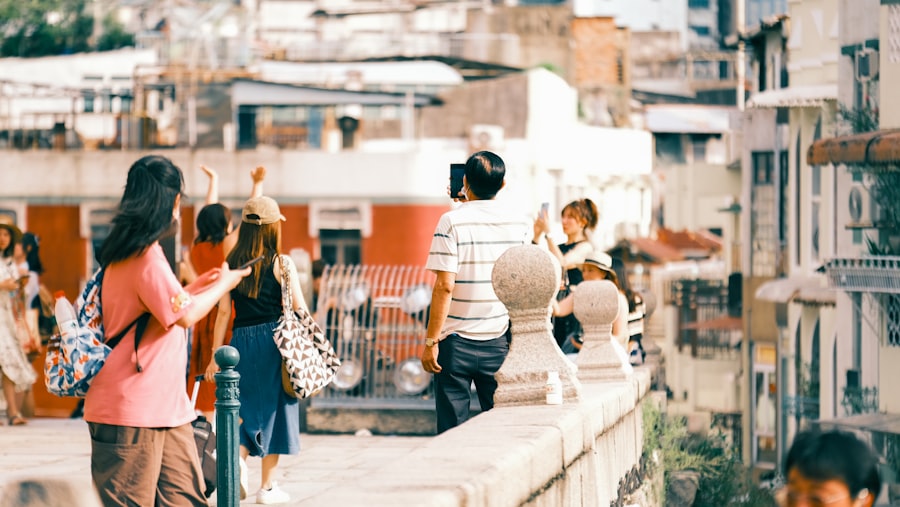
When planning a trip to Macau, there are several practical tips that can enhance your experience. First and foremost, understanding the local currency is essential; while the Macanese pataca (MOP) is the official currency, many establishments also accept Hong Kong dollars (HKD). It’s advisable to carry some cash for smaller purchases or street food vendors since not all places accept credit cards.
Transportation within Macau is convenient due to its compact size. Public buses are an affordable way to navigate between attractions, while taxis are readily available for those preferring direct routes. Walking is also an excellent option for exploring areas like Senado Square or the historic district where many attractions are located within close proximity to each other.
Language can be another consideration; while Cantonese is widely spoken among locals, English is commonly understood in tourist areas. However, learning a few basic phrases in Cantonese can enhance interactions with residents and show appreciation for their culture. Lastly, considering the climate is crucial when planning your visit; Macau experiences hot summers and mild winters, so packing appropriate clothing based on your travel dates will ensure comfort during your stay.
In summary, Macau offers an extraordinary blend of history, culture, cuisine, entertainment, natural beauty, and practical travel considerations that make it an enticing destination for travelers seeking diverse experiences in one compact location.
If you’re interested in exploring more about unique destinations and their cultural and historical significance, you might find the article on Chicago Facts and Places to Visit quite enlightening. Similar to Macau, Chicago is rich in history and offers a plethora of sights and attractions that are integral to its identity. From iconic architecture to vibrant cultural scenes, both cities offer unique insights into their respective regions and are must-visit destinations for travelers seeking a blend of historical and modern experiences.
FAQs
What is Macau known for?
Macau is known for its vibrant and diverse culture, rich history, and unique blend of Portuguese and Chinese influences. It is also famous for its casinos, making it a popular destination for gambling and entertainment.
What are some popular tourist attractions in Macau?
Some popular tourist attractions in Macau include the Ruins of St. Paul’s, Senado Square, A-Ma Temple, Macau Tower, and the Macau Peninsula. Visitors also enjoy exploring the historic streets of the old city and trying the local cuisine.
Is Macau a part of China?
Yes, Macau is a Special Administrative Region of China. It was a Portuguese colony until 1999 when it was handed back to China. Macau operates under the “one country, two systems” principle, which allows it to maintain a high degree of autonomy.
What is the official language of Macau?
The official languages of Macau are Chinese (Cantonese) and Portuguese. However, Cantonese is the most widely spoken language, and English is also commonly used in tourist areas.
What is the currency used in Macau?
The currency used in Macau is the Macanese pataca (MOP). It is pegged to the Hong Kong dollar at a 1:1 ratio, and both currencies are widely accepted in Macau.
Is Macau a safe place to visit?
Macau is generally considered a safe place to visit. It has a low crime rate and a strong police presence. However, visitors should still exercise normal precautions and be aware of their surroundings, especially in crowded tourist areas.
